Exploring the vibrant foraging culture of Colombia’s peasant communities reveals a profound connection to the natural world. Locals embark on adventurous quests to uncover wild edible plants, from nutrient-dense Amaranth to the versatile Purslane. These foraged treasures are then transformed into traditional meals, showcasing the country’s rich culinary heritage. What unfolds is an immersive experience that not only nourishes the body but also cultivates a deeper appreciation for sustainable living practices rooted in ancient traditions. Delving into this captivating world offers a glimpse into Colombia’s enduring relationship with the land and its bounty.
Key Points
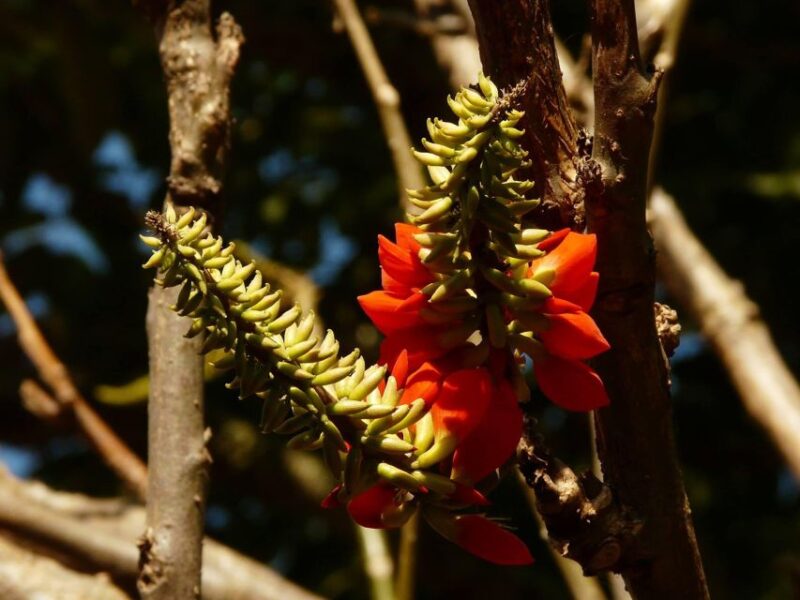
-
Immerse in ancient collector lifestyles and traditional Colombian peasant culture through foraging and cooking over fire using seasonal wild and agroecological foods.
-
Engage in hands-on learning to identify and collect nutrient-rich wild edible plants, including Amaranth, Purslane, Wild Onions, and Dandelion.
-
Participate in traditional cooking methods using a Rocket wood stove, gaining skills in techniques like roasting, boiling, and simmering.
-
Discover the health benefits of wild edibles, which are abundant in essential vitamins, minerals, and antioxidants, supporting a sustainable, plant-based lifestyle.
-
Appreciate the rich culinary heritage and traditional food sources of Colombia’s peasant communities, fostering a deeper connection with nature and local food traditions.
Activity Overview
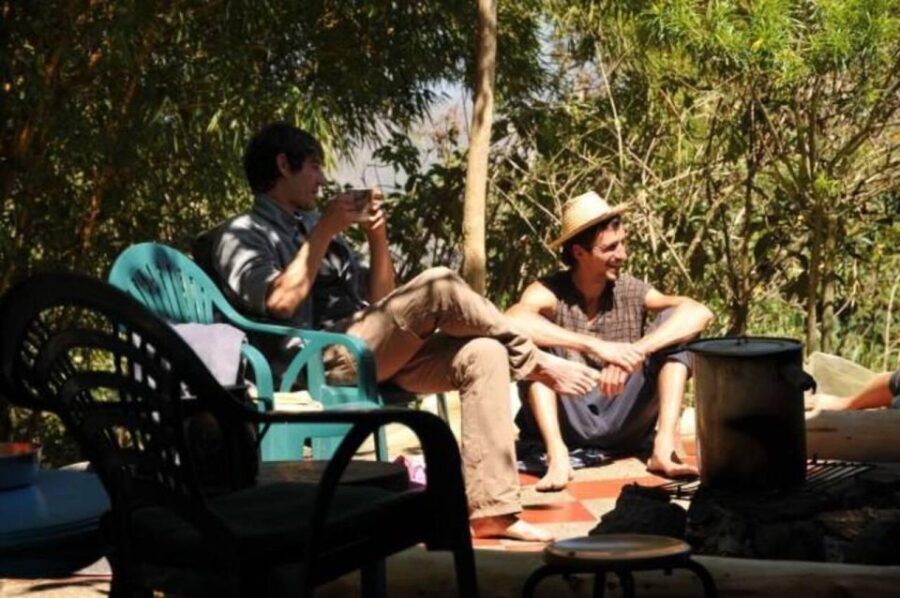
The activity outlined in the article spans a duration of 4 hours and carries a per-person price tag ranging from $98.73 upwards.
It’s a private group experience led by a Spanish instructor, with free cancellation up to 24 hours in advance for a full refund.
Participants will enjoy ancient collector lifestyles, discover the paleo diet in traditional Colombian peasant culture, and engage in food collection and cooking over fire.
They’ll explore seasonal wild and agroecological foods, learn to assemble a basic Rocket wood stove, and practice slow food and slow life principles.
You can also read our reviews of more tours and experiences in Colombia.
Experience Highlights
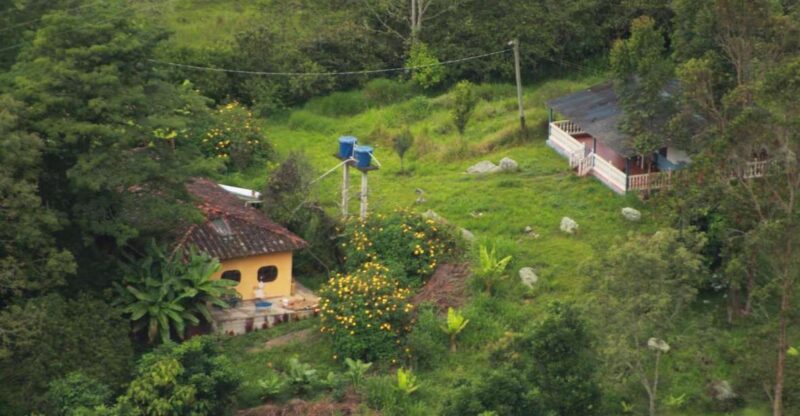
Immersing themselves in ancient collector lifestyles, you will discover the paleo diet in traditional Colombian peasant culture.
They’ll participate in foraging and cooking over fire to explore seasonal wild and agroecological foods with high nutritional value.
Assembling a basic Rocket wood stove, they’ll learn slow food and slow life principles.
The experience highlights the importance of connecting with nature and embracing a sustainable way of living.
Through this hands-on activity, you will gain a deeper appreciation for the rich culinary heritage of Colombia’s peasant communities.
Included Services
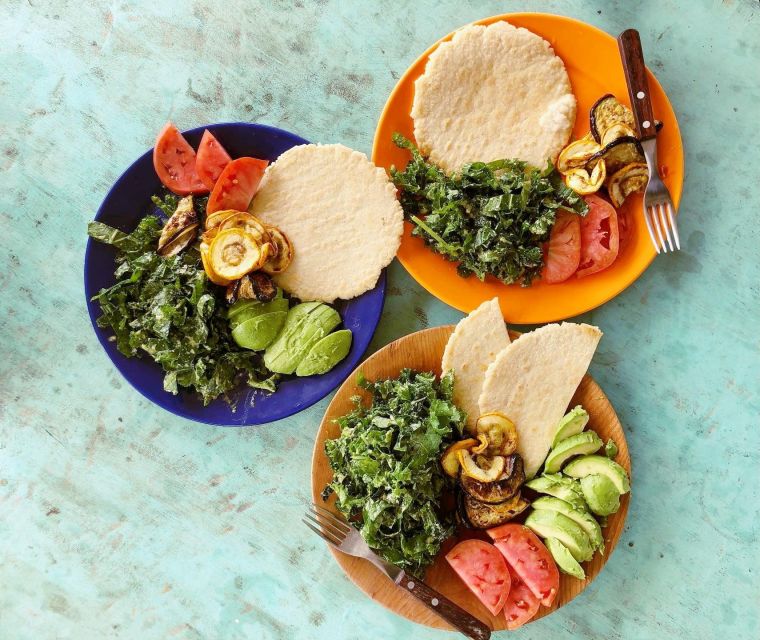
For this experience, transportation from Cáqueza Municipal terminal to the hazloTumismás farm is provided.
Participants will also receive entry tickets to the farm, as well as the services of a specialized guide.
The experience includes all necessary equipment, such as a machete, ropes, pruning shears, ladder, blocks, and wood.
Attendees will enjoy a vegetarian lunch, homemade sauces, herbal tea, and coffee during the event.
This all-inclusive package ensures a seamless and enjoyable experience for those interested in exploring the ancient collector lifestyle and traditional Colombian peasant culture.
Participant Information
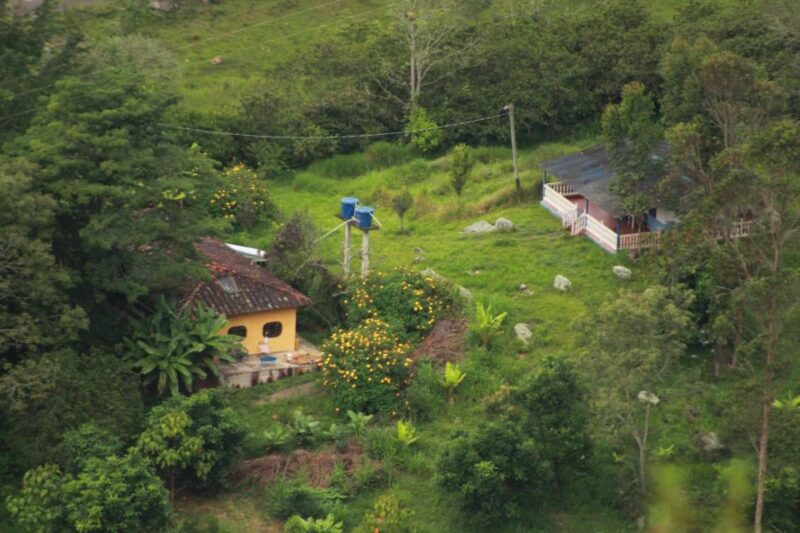
This experience is suitable for adults interested in well-being. It’s not suitable for wheelchair users, children under 18, or people over 95 years old. Participants should wear comfortable shoes, a sun hat, outdoor clothing, bring a reusable water bottle, and use biodegradable insect repellent. Weapons, sharp objects, alcohol, drugs, littering, explosive substances, and bare feet are not allowed.
| Suitable For | Not Suitable For |
|---|---|
| Adults interested in well-being | Wheelchair users |
| Children under 18 years | |
| People over 95 years |
Preparation and Restrictions
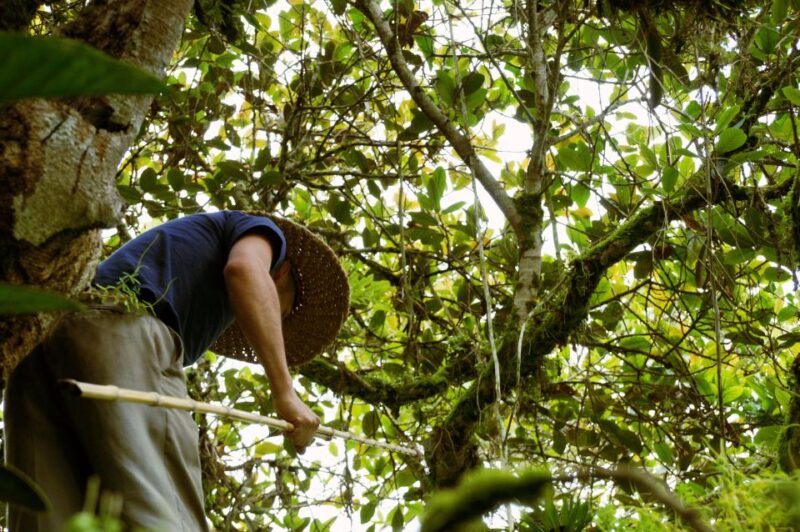
Donning comfortable shoes and sun hats, participants are encouraged to wear outdoor clothing and bring a reusable water bottle, along with biodegradable insect repellent.
Weapons, sharp objects, alcohol, drugs, littering, explosive substances, and bare feet are strictly prohibited. This ensures the safety and enjoyment of all attendees.
The focus is on immersing oneself in the ancient collector lifestyle, exploring seasonal wild and agroecological foods, and learning the principles of slow food and slow living.
With these preparations and restrictions in place, participants can fully engage with the experience and gain a deeper understanding of traditional Colombian peasant culture.
Collecting Wild Edibles
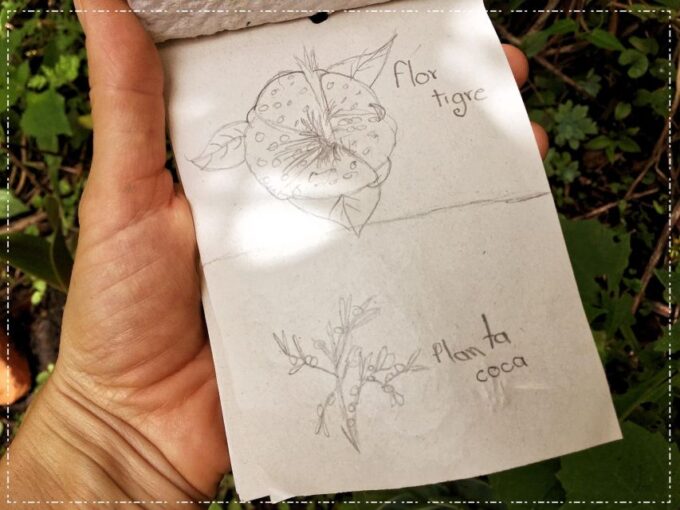
Participants embark on a foraging adventure, exploring the lush surroundings of the hazloTumismás farm. Under the guidance of a specialized instructor, they scour the land, identifying and collecting a variety of wild edible plants. These seasonal and nutrient-rich finds become the foundation for a traditional Colombian peasant-style meal.
| Plant | Edible Parts |
|---|---|
| Amaranth | Leaves, seeds |
| Purslane | Leaves, stems |
| Wild Onions | Bulbs, greens |
| Dandelion | Leaves, roots |
With each discovery, participants gain a deeper appreciation for the bounty nature provides and the food traditions that have sustained generations of Colombian communities.
Traditional Cooking Methods
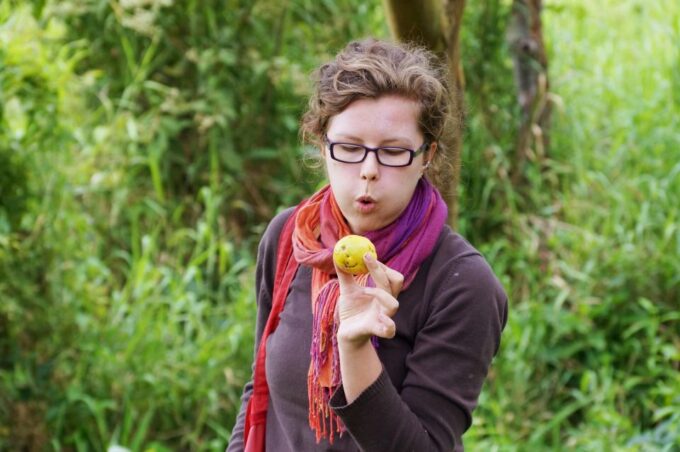
After the foraging expedition, the group gathers around a crackling fire to begin the traditional cooking process.
They use a Rocket wood stove to cook the wild edibles over an open flame. This slow and intentional method allows the flavors to develop fully and preserves the nutritional value of the seasonal foods.
The guide demonstrates techniques like roasting, boiling, and simmering, explaining how these methods were used in the local peasant culture for generations.
The participants actively engage, learning to manipulate the fire and adjust the cooking times.
As the aromas fill the air, the group anticipates the nourishing meal they’ll soon share, connecting with the land and traditions of this region.
Nutritional Benefits
The wild edibles collected during the foraging expedition are packed with a wealth of essential vitamins, minerals, and phytochemicals.
These nutrient-dense plants offer a range of health benefits, from boosting the immune system to supporting digestive health. For instance, the wild berries contain high levels of antioxidants that can help protect against cellular damage, while the leafy greens are rich in folate, calcium, and iron.
By incorporating these seasonal and agroecological foods into their diet, participants can experience the nutritional power of nature’s abundance.
This hands-on experience highlights the importance of reconnecting with traditional food sources and embracing a more sustainable, plant-based lifestyle.
Frequently Asked Questions
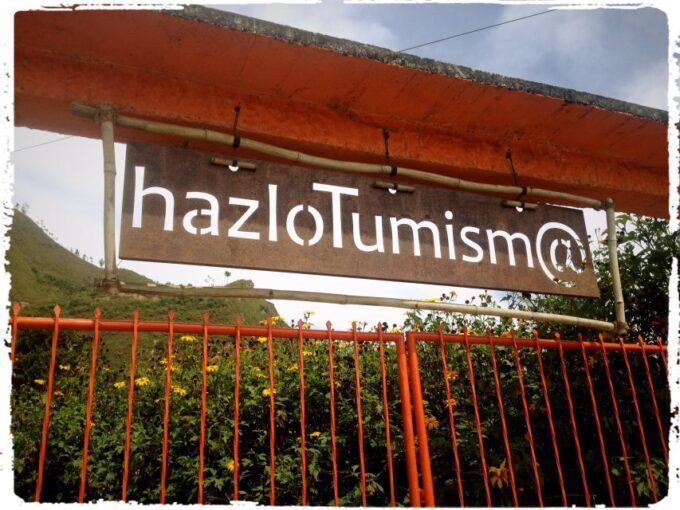
Where Can I Find Information About the Local Laws and Regulations for Foraging?
You can find information about local foraging laws and regulations by contacting the relevant government agencies or nature conservation organizations in the area where you plan to forage. Regulations may vary by location.
How Do I Properly Identify Safe and Edible Wild Plants in the Region?
To properly identify safe and edible wild plants, one should consult field guides, learn from experienced foragers, and confirm identification using multiple reliable sources. Caution is advised as misidentification can be dangerous.
What Should I Do if I Accidentally Ingest a Poisonous Plant?
If someone accidentally ingests a poisonous plant, they should immediately seek medical attention. Don’t wait for symptoms to appear. Provide information about the plant, and follow the instructions of healthcare professionals to minimize harm.
Are There Any Ethical Considerations When Collecting Wild Plants for Personal Use?
When collecting wild plants, one should consider ethical factors like sustainability, environmental impact, and respecting indigenous knowledge and practices. Responsible foraging ensures the long-term viability of wild plant populations and preserves cultural traditions.
Can I Purchase or Take Home Any of the Wild Edibles From the Experience?
Participants can’t purchase or take home any of the wild edibles collected during the experience. The activity is focused on learning about traditional food collection and preparation, not harvesting for personal use.
Recap
The practice of collecting wild edible plants in Colombia is a vibrant aspect of the country’s peasant culture, fostering a deep connection to nature and sustainable living. Participants engage in foraging adventures, identifying nutrient-rich wild edibles that are then transformed into traditional meals using time-honored cooking methods. This immersive experience promotes a healthier, plant-based lifestyle rooted in ancient practices and appreciation for Colombia’s rich culinary heritage.
You can check if your dates are available here:More Tour Reviews in Colombia
Not for you? Here's more things to do in Colombia we have recnetly reviewed
- 15 Best Canoe And Kayak Experiences In Cartagena
- 3 Best Guided Tours In Salento
- Best Guided Tours In Georgetown
- 4 Best Tours In The Cayes
- 2 Best Tours In San Fernando
- 2 Best Tours In San Gil
- Best Craft Beer Tours And Tastings In Cali
- Best Craft Beer Tours And Tastings In Cartagena
- Best Cruises And Boat Tours In Leticia
- 3 Best Cruises And Boat Tours In San Fernando
- 4 Best Dining Experiences In Medellin
- 2 Best Dining Experiences In Santa Marta
